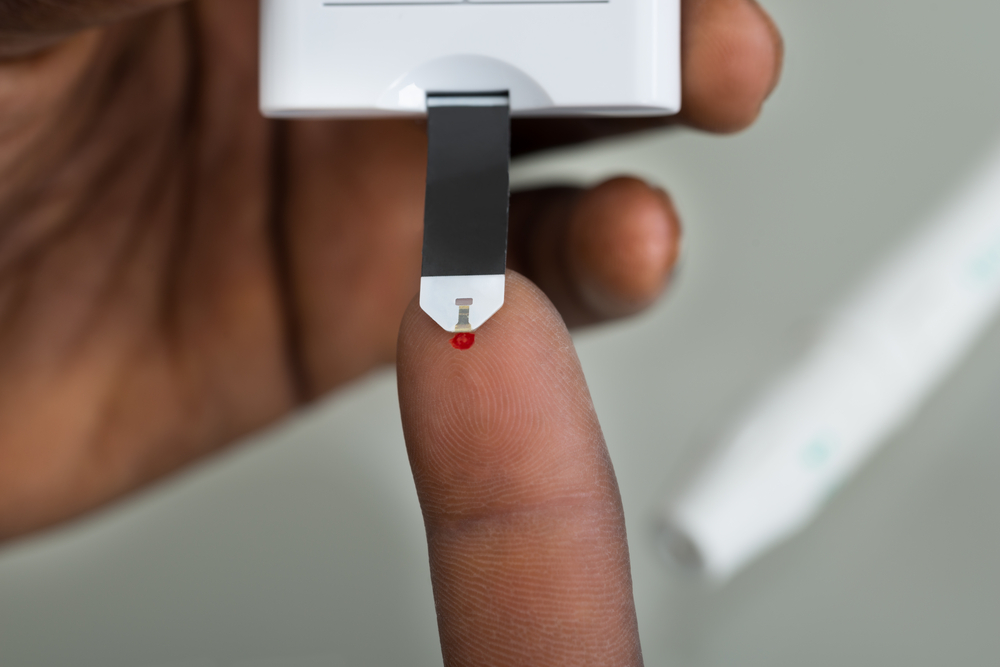Managing diabetes effectively requires constant vigilance and an understanding of various health metrics. Daily monitoring of these numbers serves as a crucial tool in maintaining health and preventing complications. For individuals living with diabetes, these measurements provide vital information that guides treatment decisions and lifestyle choices.
Regular monitoring empowers patients to take control of their health journey while providing healthcare providers with valuable data for adjusting treatment plans. This proactive approach to diabetes management can significantly improve long-term health outcomes.
The essential numbers in diabetes management
Blood glucose monitoring remains the cornerstone of effective diabetes control. These daily measurements provide immediate feedback about how different factors affect blood sugar levels. Regular testing helps patients understand how food choices, physical activity, stress, and medications influence their glucose levels throughout the day.
The A1C test offers a broader perspective by measuring average blood sugar levels over the past three months. This long-term indicator helps healthcare providers assess the effectiveness of current treatment strategies and make necessary adjustments. While daily glucose readings show immediate status, A1C results reveal the bigger picture of diabetes control.
Blood pressure and cholesterol levels also play crucial roles in diabetes management. People with diabetes face an increased risk of cardiovascular complications, making these measurements particularly important. Regular monitoring of these numbers helps prevent heart disease and other vascular complications.
Impact of daily monitoring
Daily tracking of diabetes numbers provides immediate benefits that extend far beyond basic disease management. When patients regularly monitor their glucose levels, they gain valuable insights into how their body responds to various influences throughout the day.
This real-time feedback allows for quick adjustments in medication, diet, or activity levels when needed. For instance, checking blood sugar before and after meals helps patients understand how different foods affect their glucose levels, enabling better dietary choices.
Consistent monitoring also helps identify patterns that might otherwise go unnoticed. These patterns can reveal early warning signs of potential complications, allowing for preventive action before serious problems develop.
Long-term benefits of tracking
Regular monitoring of diabetes numbers significantly reduces the risk of serious complications. Consistent blood sugar control helps prevent:
Neuropathy: High blood sugar can damage nerves throughout the body, leading to pain, numbness, or weakness. Regular monitoring helps maintain glucose levels within safe ranges, protecting nerve health.
Retinopathy: Blood vessel damage in the eyes can lead to vision problems or blindness. Keeping blood sugar under control through regular monitoring helps preserve vision.
Kidney Disease: Prolonged high blood sugar levels can damage kidney function. Daily monitoring helps prevent this damage by maintaining appropriate glucose levels.
Creating an effective monitoring routine
Successful diabetes management requires a structured approach to daily monitoring. Establishing a consistent routine helps ensure regular tracking of important numbers. This routine should include:
Regular Blood Sugar Checks: Test at recommended times throughout the day, particularly before and after meals, and keep detailed records of the results.
Equipment Maintenance: Use reliable monitoring devices and ensure they remain properly calibrated for accurate readings.
Record Keeping: Maintain detailed logs of blood sugar readings, meals, physical activity, and medication timing to identify patterns and trends.
Leveraging technology for better management
Modern technology has transformed diabetes management through advanced monitoring tools and tracking applications. Continuous glucose monitors provide real-time data about blood sugar levels, while smartphone apps help track and analyze various health metrics.
These technological advances make it easier to share information with healthcare providers, enabling more informed treatment decisions. Digital tools can also provide alerts for unusual readings and reminders for medication or testing times.
Overcoming monitoring challenges
Many people face obstacles in maintaining regular diabetes monitoring. Common challenges include:
Cost Considerations: Testing supplies and monitoring equipment can be expensive. However, many insurance plans cover these necessities, and assistance programs exist for those who need help.
Time Management: Incorporating regular monitoring into a busy schedule can be challenging. Creating a structured routine and using technology can help streamline the process.
Emotional Impact: Constant monitoring can feel overwhelming. Support from healthcare providers, family members, and support groups can help manage these emotional challenges.
Working with healthcare providers
Regular communication with healthcare providers plays a vital role in diabetes management. Sharing detailed monitoring records helps providers:
Adjust Treatment Plans: Regular data allows for fine-tuning of medication dosages and timing.
Identify Trends: Long-term tracking helps reveal patterns that might require attention.
Prevent Complications: Early intervention becomes possible when problems are identified through consistent monitoring.
The future of diabetes management
Understanding and tracking diabetes numbers remains crucial for long-term health outcomes. As technology continues to advance, monitoring options will likely become even more sophisticated and user-friendly. However, the fundamental importance of regular tracking will remain constant.
Successful diabetes management requires commitment to regular monitoring, but the benefits far outweigh the effort involved. By maintaining vigilant attention to these important numbers, individuals with diabetes can lead healthier, more active lives while minimizing the risk of complications.
This story was created using AI technology.

















